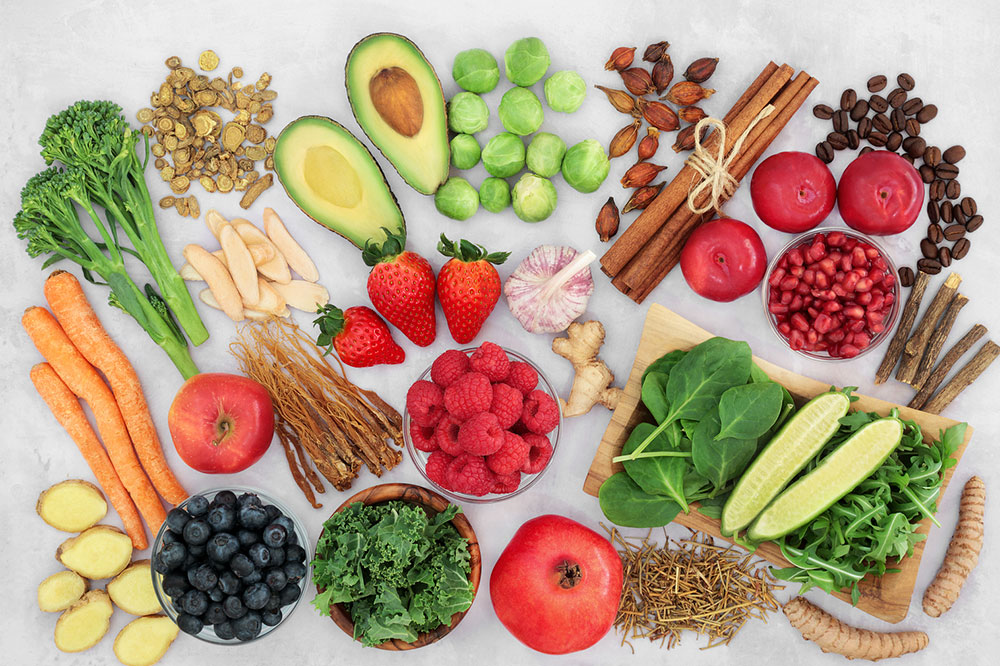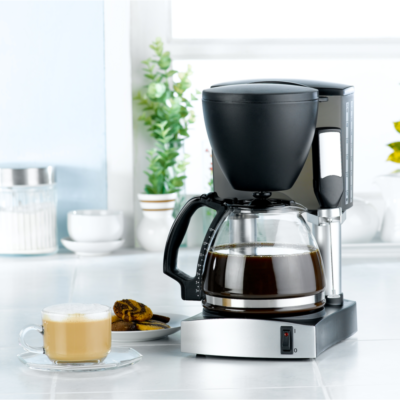
Asthma – Foods to Eat and Avoid
If you have asthma, you may be used to participating in clinical trials, medical trials, receiving vaccines like the Novavax booster shot to prevent further infection, or looking into shot registration and information. But did you know that food can sometimes be the culprit? Food rarely causes asthma; however, there may be a connection between the two. Certain foods can worsen asthma, while others may have a positive effect. A 2017 review suggests that a diet high in processed meats, sugar, and refined grains can cause inflammation and worsen asthma symptoms. On the other hand, fruits and vegetables can positively impact asthma risk and control. Here, we discuss how certain foods can benefit and worsen asthma.
Foods that trigger asthma
First, we shall go over the foods that are the worst for asthma. Patients should avoid these at all costs or at least reduce their quantity:
1. Food allergens
There is a link between food allergies and asthma symptoms. The immune system overreacts when exposed to specific allergens, leading to an asthma attack. The most common allergens are gluten, shellfish, eggs, peanuts, soy, sesame seeds, and dairy products. People with asthma should avoid them to reduce the likelihood of asthma attacks.
2. Artificial ingredients
Some people with asthma may be sensitive to artificial ingredients, such as preservatives, flavorings, and colorings. Food preservatives like sulfites are commonly used in food processing or preparation and can trigger an asthma attack. Examples of such foods include dried fruits and vegetables, wine and beer, bottled lime and lemon juice, maraschino cherries, shrimp, and pickled foods.
3. Foods that cause gas
There is a connection between food and asthma, as certain foods that cause gas or bloating may trigger asthma flare-ups. Some of these gassy foods are beans, carbonated drinks, onions, garlic, cabbage, and fried foods. These foods can put pressure on a person’s diaphragm, resulting in chest tightness and shortness of breath.
4. Salicylates
People with asthma may be sensitive to salicylates – naturally occurring chemical compounds found in tea, coffee, and some herbs and spices. A 2015 review found that salicylates can lead to the flare-up of multiple asthma symptoms, such as wheezing and difficulty breathing.
Foods that help with asthma
While there is no specific diet for asthma , certain foods can help reduce asthma symptoms. These include:
1. Apples
Apples improve lung function and can help people with asthma. A 2021 study found that apple juice concentrate containing antioxidants induced an anti-inflammatory environment in the lungs.
2. Salmon
Particular research conducted in January 2015 suggests that fatty fish and vitamin D reduce the risk of asthma attacks. Salmon is a good source of both vitamin D and omega-3 fatty acids, and, hence, including this food in the diet of asthmatic patients will be beneficial.
3. Tomato juice
Tomatoes contain lycopene – an antioxidant that helps reduce inflammation in the lungs. A particular study also claims that tomato juice helps the airways relax in people with asthma.
The points mentioned above demonstrate that there is a connection between food and asthma. One’s diet has an impact on the frequency and severity of the condition’s symptoms.


